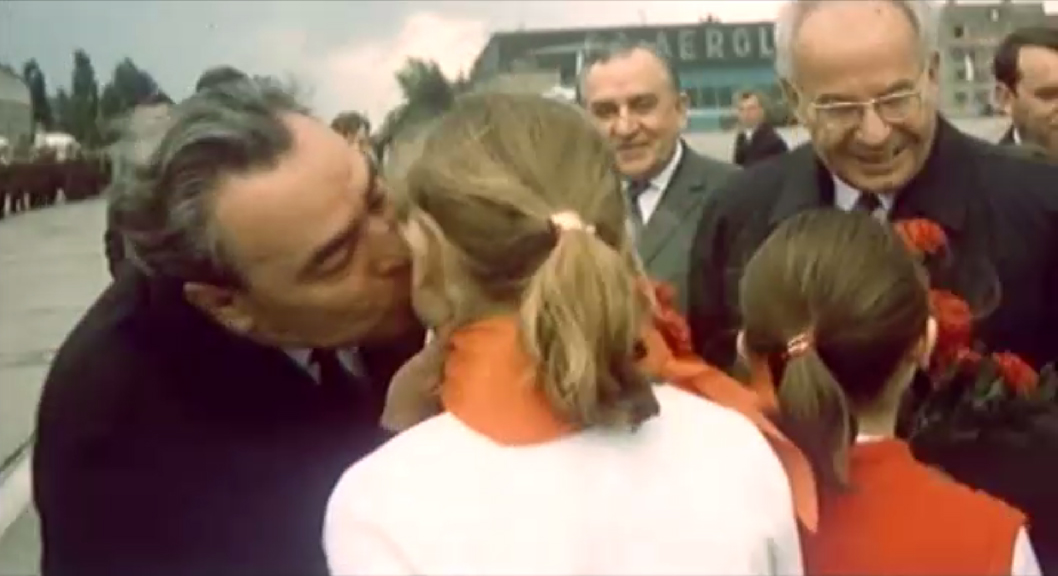Women During Socialism
As you’re going through the material on Socialism Realised, it might appear as though women didn’t play an important role in the communist regimes. Although we weren’t able to find a lot of material where women played an active role, we still mustn’t think that the chosen materials with dominant male actors express the universal experience of life during communism. As our goal is to show various perspectives on the past, with this pathway we will try to erase the debt and instead focus on sources that allow us to see the past through the female perspective.
Communism can be interpreted as a specific reaction to the structural problems of modernity, and we can find many parallels to other parts of Europe with the progress of issues such as women’s rights. After the Second World War, Europe became industrialised and women joined the workforce en masse, as new roles replaced old ones. The initial situation with the communist regimes differed from the West in that the emancipation was driven from the top – the state apparatus could push through far more consistent policies than the democratic governments could. On the other hand, civil society did not emerge in the communist regimes, and feminism as a social movement did not really assert itself. The tension between these two features is the main axis of our analysis.





